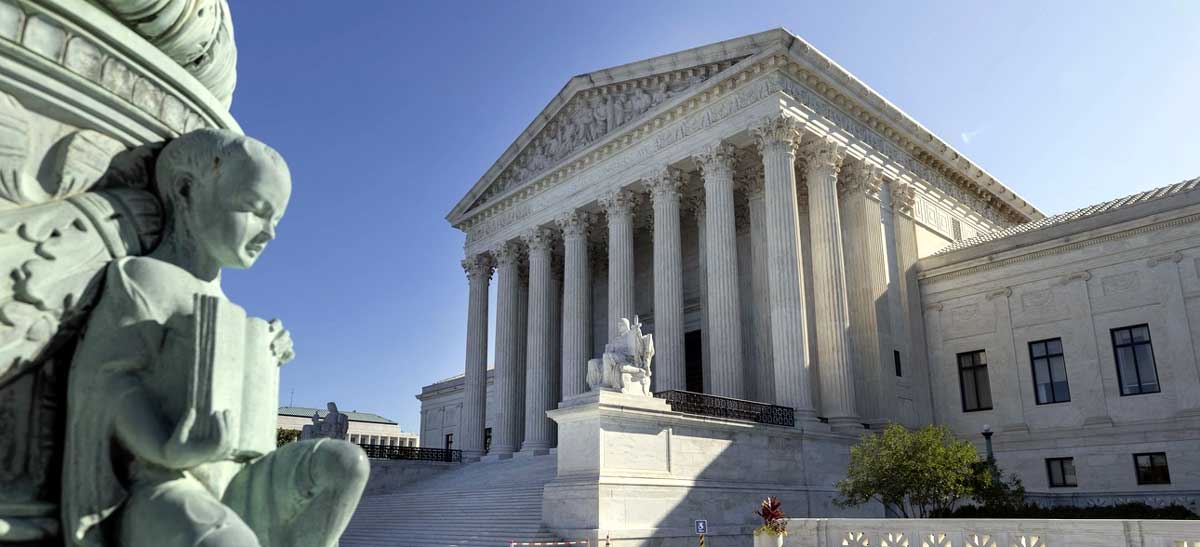Monday, January 10, 2022 – The U.S. Supreme Court has denied a request to hear an appeal brought by the ethanol industry to allow the year-round sale of E15 gasoline blends. The Court’s action effectively ends the long running fight by the ethanol industry to permit year-round sales of E15 absent an amendment to the language of the Clean Air Act by Congress, which is very unlikely. The Court’s decision is a victory for energy marketers who oppose the year-round sale of E15 because it is not compatible with many components of existing UST systems and raised insurmountable economic and administrative barriers for its use.
The ethanol industry asked the Supreme Court to reconsider an appellate court decision blocking a Trump era rule extending the one-pound RVP waiver in the Clean Air Act to E15 that would allow its sale year-round. Previously, E15 sales were limited to the winter driving season when evaporative emissions are low due to cooler weather and the one pound waiver is not needed to sell it. The District of Columbia Circuit Court decision the ethanol industry was appealing ruled that the plain language of the Clean Air Act limited the one-pound RVP waiver to ethanol blends between 9 and 10 percent and therefore could not be extended to E15 blends. The Biden administration argued in the lower circuit court hearing that not only was the language of the Clean Air Act limiting use of the one-pound waiver clear, but also that a “number of economic, logistical and administrative barriers unrelated to the rule independently impede the widespread use of E15.”
The second prong of this argument is the direct result of EMA’s persistent efforts over the past decade to convince a once skeptical EPA that E15 was not compatible with existing UST systems; the cost of system retrofit would be ruinous for small business energy marketers; and administrative barriers required to prove compatibility, including resistance from fuel suppliers, insurance providers, state regulators and state fire marshals were impossible to overcome.


